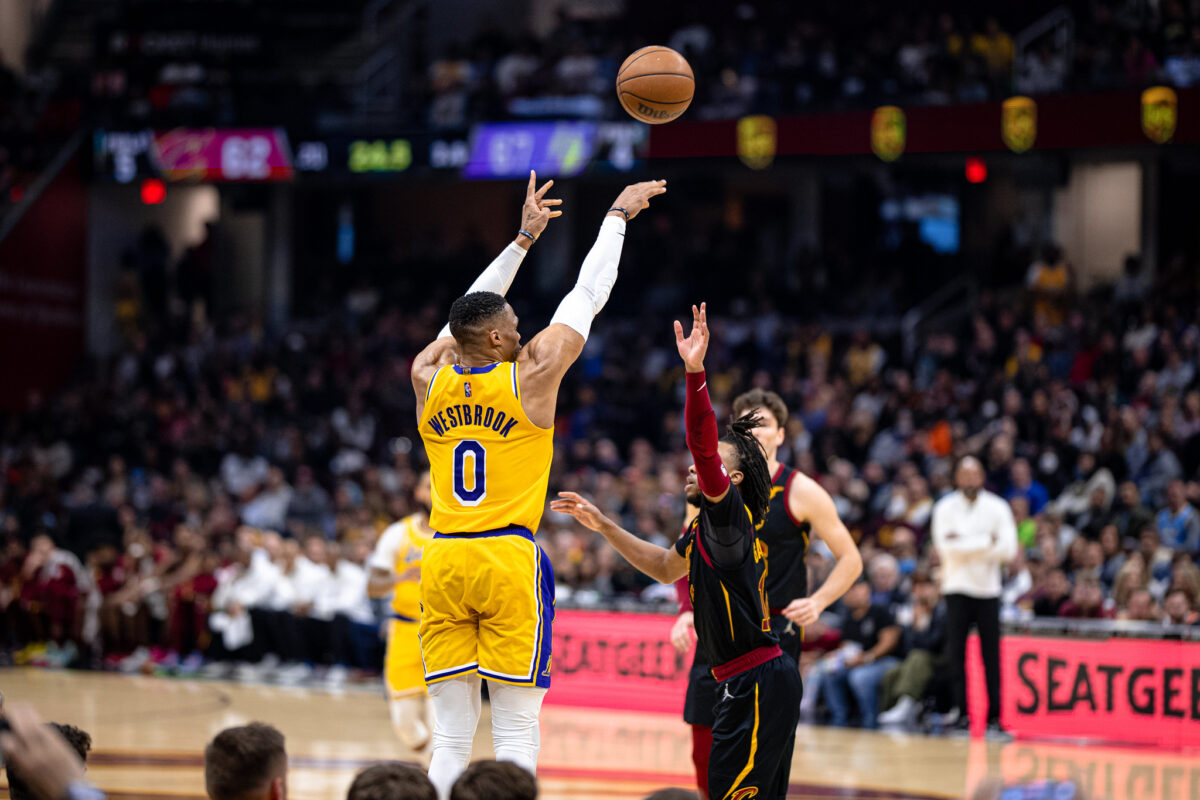“Irreconcilable differences” is often referenced when a lawyer finds himself in the middle of a lawsuit where he is representing a client who is not paying bills in a timely manner or perhaps the two no longer see eye-to-eye anymore. It is a way for the lawyer to attempt to withdraw as counsel through motion practice without necessarily tipping off the judge, the opposition, and the public at large as to the specifics behind the decision. Ultimately, a judge must grant the motion before the lawyer is officially off the case.
But there is no judge who must decide whether a sports agent can end his relationship with his client. Instead, agents and athletes very commonly terminate their representation agreements without the media learning about whether there were “irreconcilable differences” and often without discovering any specifics related to the strategy surrounding contract negotiations for the athlete. There are potential concerns with the violation of one’s fiduciary duties, even to past clients, if those fine details are divulged.
Yet, on July 15, ESPN Senior Insider Adrian Wojnarowski did what he does best, and dropped a bomb. At least it is a bomb that has the sports agent community buzzing at 7 a.m. on a Saturday. Wojnarowski spoke with Thad Foucher of Wasserman, who has represented Russell Westbrook since 2008 and got Foucher to speak on the record about the agent-player breakup. That is where Foucher cited “irreconcilable differences,” which, on its own, would probably not be much of a newsworthy item.
But then Foucher got into strategy. He likely believed it was a good way to cover his ass in case Westbrook does not follow his direction and either Westbrook, the media, fans, agents, or all of the above, begin to blame Foucher as a scapegoat for potentially poor fallout from the situation. However, while the intentions may have been noble, divulging this type of information does have the potential of backfiring on the agent.
Foucher told Wojnarowski that he believes Westbrook’s best option is to stay with the Lakers and added,
“Now, with a possibility of a fourth trade in four years, the marketplace is telling the Lakers they must add additional value with Russell in any trade scenario. And even then, such a trade may require Russell to immediately move on from the new team via buyout.
“My belief is that this type of transaction only serves to diminish Russell’s value and his best option is to stay with the Lakers, embrace the starting role and support that Darvin Ham publicly offered. Russell is a first-ballot Naismith Basketball Hall of Fame player and will prove that again before he is retired.”
Maybe it is much to do about nothing, but that does not explain why so many people are talking about these quotes less than twelve hours after they were published, with some questioning whether it is unprofessional to end a relationship with a client and then lay out the whole strategy in the press. As I said to another agent yesterday, always consider silence as your best option in tense situations.
